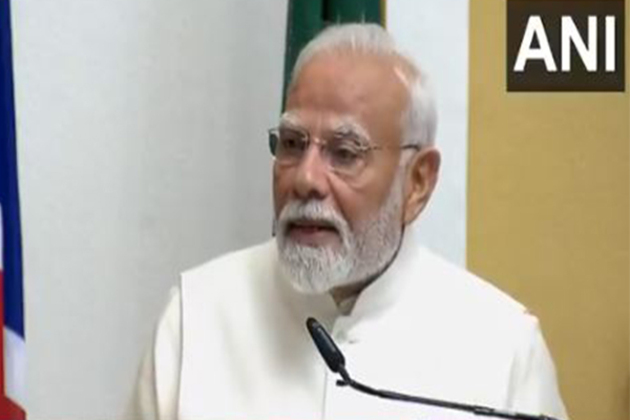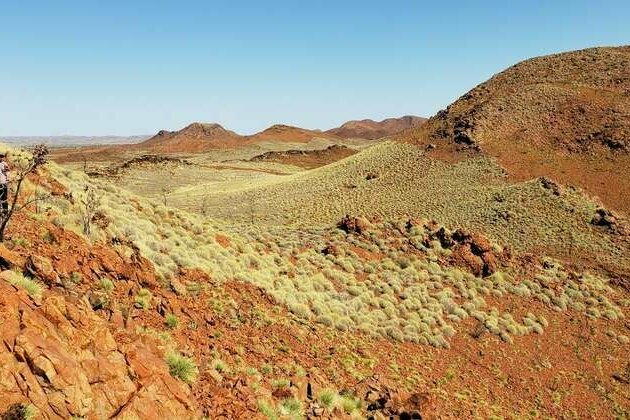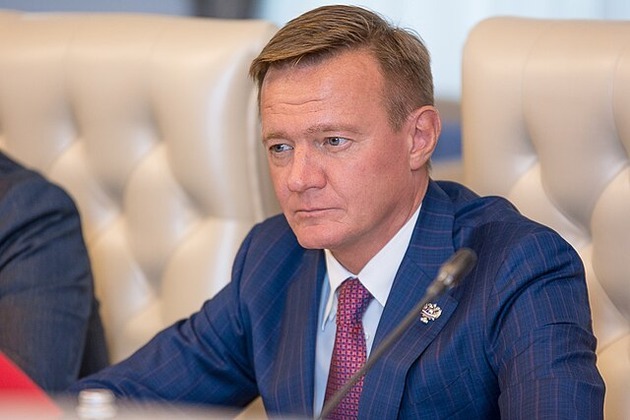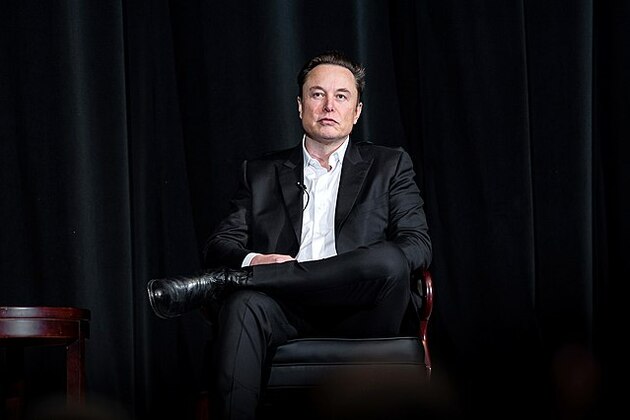Thirsty future: Australia's green hydrogen targets could require vastly more water than the government hopes
The Conversation
09 Jul 2025, 20:09 GMT+10
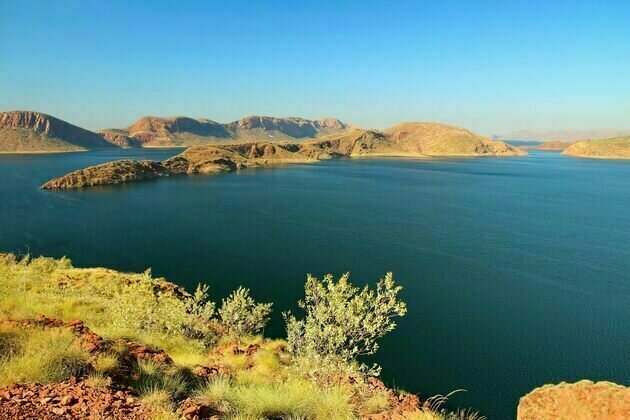
Green hydrogen is touted by some as the future - a way for Australia to slowly replace its reliance on fossil fuel exports. The energy-dense gas has the potential to reduce emissions in sectors challenging to decarbonise, such as steelmaking and fertiliser manufacturing.
The Albanese government wants it to be a massive new export industry and has laid out a pathway through its National Hydrogen Strategy.
Unfortunately, there's a real gap between rhetoric and reality. Despite ambitious plans, no green hydrogen project has yet succeeded in Australia. The technology's most prominent local backer, billionaire miner Twiggy Forrest, has dialled down his ambition. Globally, just 7% of announced green hydrogen projects are up and running.
Economic viability is one problem. But there's a much larger issue flying under the radar: water. Hitting the 2050 target of 15 million to 30 million tonnes of hydrogen a year would use 7-15% of the amount Australia's households, farms, mines and black coal power plants use annually. That's simply not sustainable.
Green hydrogen uses renewable energy to power electrolyser machines, which split water molecules into hydrogen and oxygen.
On the surface, this is an appealing use of clean energy, especially during solar peak periods.
But what the government hasn't properly accounted for is the water cost for green hydrogen. The strategy states water use is likely to be "considerable but not prohibitive".
This is questionable. For every kilogram of hydrogen produced through electrolysis, nine litres of water are directly consumed.
That's not all. The water needed to make hydrogen has to be extremely pure. Salt water has to be desalinated, and even fresh water needs purification. Equipment also needs cooling, which consumes even more water.
All these processes incur substantial indirect water losses, such as the water used for industrial processes and cooling. The volumes used are highly uncertain. They can be up to 20 times greater than the direct water use.
A key input value for the government's hydrogen strategy modelling is taken from a 2015 report by the Argonne National Energy Laboratory in the United States, which assumes each kilogram of green hydrogen produced requires just over 30 litres of water.
The Australian hydrogen strategy suggests 30 litres per kilogram of hydrogen would cover "all system losses including purification processes and cooling water required". But it's not clear if this figure covers other uses of water in making hydrogen, such as water treatment.
According to the government's modelling, making 15 million tonnes would require 740 billion litres of water. That would be about 7% of the 10,450 billion litres used by all of Australia's households, farms, mines and black coal power plants.
That's substantial. One and a half Sydney Harbours worth, every year. But it might be a major underestimate. After all, estimates on indirect water use differ widely. The government's figures are at the very bottom of the range.
For instance, the latest research gives water consumption figures of about 66 litres per kilogram - more than twice as large. Other sources give values between 90 and 300 litres per kilogram of hydrogen - three to ten times higher.
Uncertainty in modelling is normal. But the wide research suggesting much higher water use should give rise to real concern.
If we take a middle-of-the-range figure of 95 litres per kilogram, this would mean that making 15 million tonnes of green hydrogen would use up 22% of the 10,450 billion litres used by households, farms, mines and black coal power plants annually by 2050.
If hydrogen was even thirstier at 310 litres per kilogram, that would translate to 72% of that figure.
These estimates are enormous. Even under the most optimistic scenario, the draw on Australia's scarce freshwater resources would simply be too much. Where would this water come from? Farmers? Groundwater? Environmental flows from rivers?
As the Queensland Farmers Federation pointed out in its response to the hydrogen strategy, the figures on water use "beg the question if they are in fact sustainable".
The Water Services Association of Australia has called for much greater attention to the water demands of green hydrogen, which it says are "often seriously underestimated".
What about saltwater? Australia has no shortage of oceans. The problem here becomes energy and wastewater. Desalination is still very energy intensive. Converting saltwater to fresh also produces large volumes of super-salty brine, which must then be managed as waste.
Does this mean green hydrogen is a non-starter? Not necessarily. Improved electrolyser technology might offer ways to slash water use, while circular economy approaches such as resource recovery from brine could also reduce losses.
But these concerns about water must be front and centre in future discussions about the shape and size of the industry in Australia.
 Share
Share
 Tweet
Tweet
 Share
Share
 Flip
Flip
 Email
Email
Watch latest videos
Subscribe and Follow
Get a daily dose of Brisbane Star news through our daily email, its complimentary and keeps you fully up to date with world and business news as well.
News RELEASES
Publish news of your business, community or sports group, personnel appointments, major event and more by submitting a news release to Brisbane Star.
More InformationAustralia
SectionPM Modi makes cricket references in speech in Namibia Parliament, wishes success in co-hosting 2027 Cricket World Cup
Windhoek [Namibia], July 10 (ANI): Prime Minister Narendra Modi's references to cricket during his address to the joint session of...
Ben Stokes shrugs off past glory, eyes big score at Lord's
London [UK], July 9 (ANI): England captain Ben Stokes is not dwelling on past achievements as he prepares to lead his side into the...
Links golf tests await, starting at this week's Scottish Open
(Photo credit: Bill Streicher-Imagn Images) Scotland is credited as the birthplace of golf, but PGA Tour stars don't play much Scottish-style...
Earth's 'oldest' impact crater is much younger than previously thought - new study
Ever been late because you misread a clock? Sometimes, the clocks geologists use to date events can also be misread. Unravelling Earth's...
We interviewed 205 Australians convicted of murder and manslaughter. Alcohol's role was alarming
We've long known there's a link between alcohol and violence, but when it comes to homicide the stories behind the statistics are harder...
Thirsty future: Australia's green hydrogen targets could require vastly more water than the government hopes
Green hydrogen is touted by some as the future - a way for Australia to slowly replace its reliance on fossil fuel exports. The energy-dense...
International
SectionDeadly July 4 flash floods renew alarm over NWS staffing shortages
WASHINGTON, D.C.: After months of warnings from former federal officials and weather experts, the deadly flash floods that struck the...
Putin fires transport chief, later found dead in suspected suicide
MOSCOW, Russia: Just hours after his sudden dismissal by President Vladimir Putin, Russia's former transport minister, Roman Starovoit,...
Thousands gather in Himalayas as Dalai Lama celebrates 90th birthday
DHARAMSHALA, India: The Dalai Lama turned 90 on July 6, celebrated by thousands of followers in the Himalayan town of Dharamshala,...
Fans perform WWII-era Fascist salute at Marko Perković’s mega concert
ZAGREB, Croatia: A massive concert by popular Croatian singer Marko Perković, known by his stage name Thompson, has drawn widespread...
U.S. Treasury Secretary says Musk should steer clear of politics
WASHINGTON, D.C.: Elon Musk's entry into the political arena is drawing pushback from top U.S. officials and investors, as his decision...
TikTok building U.S.-only app amid pressure to finalise sale
CULVER CITY, California: TikTok is preparing to roll out a separate version of its app for U.S. users, as efforts to secure a sale...

